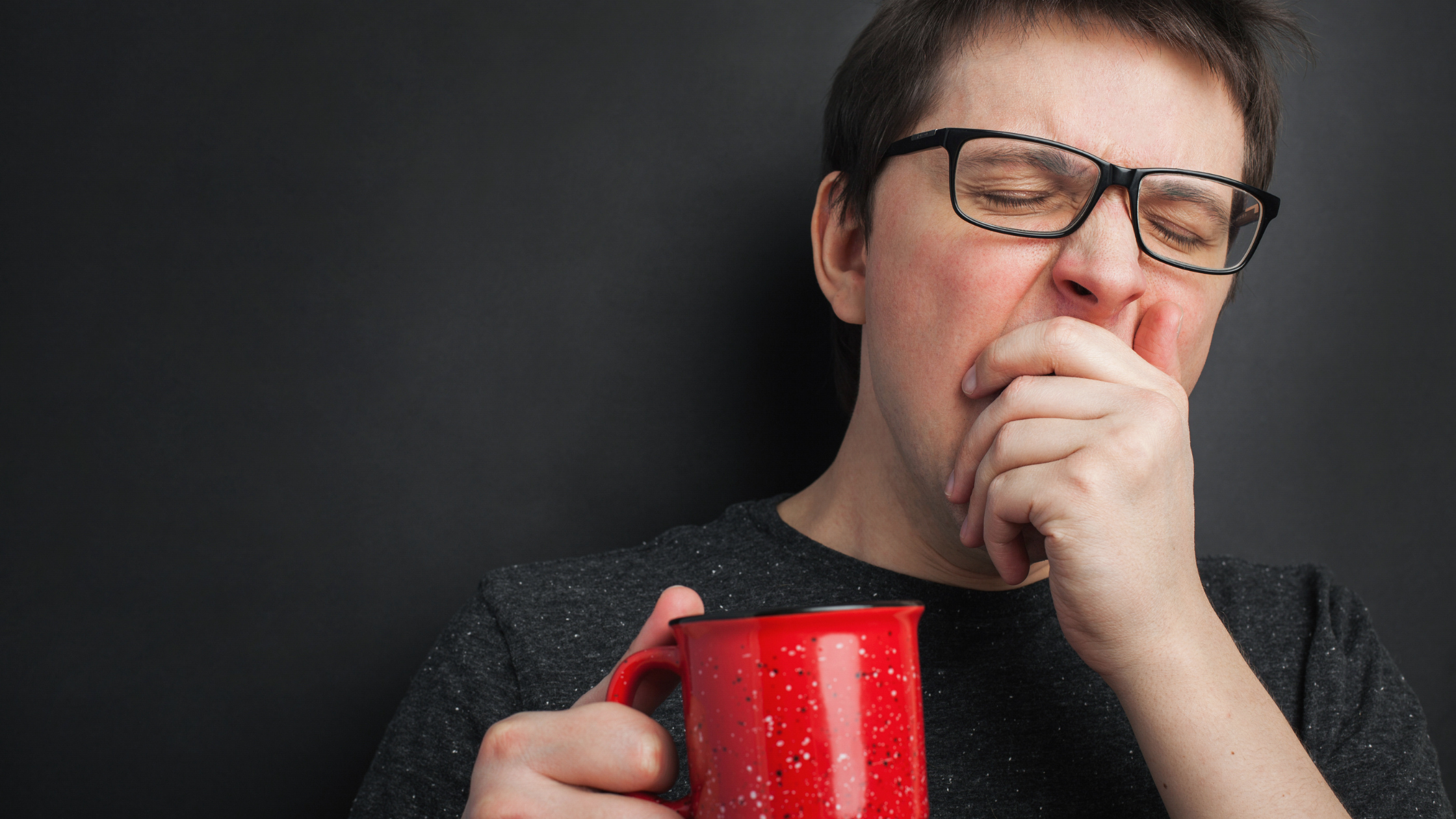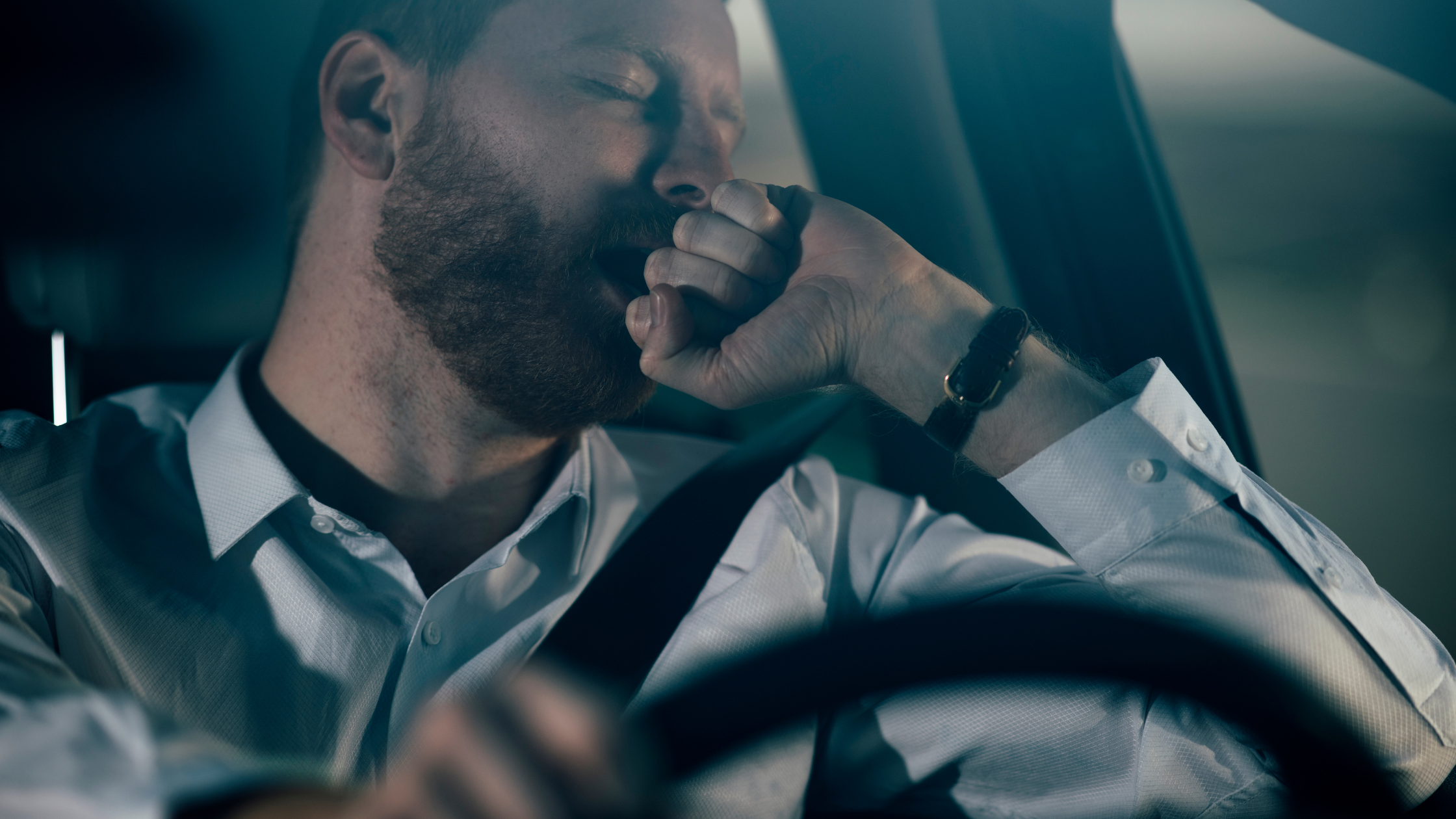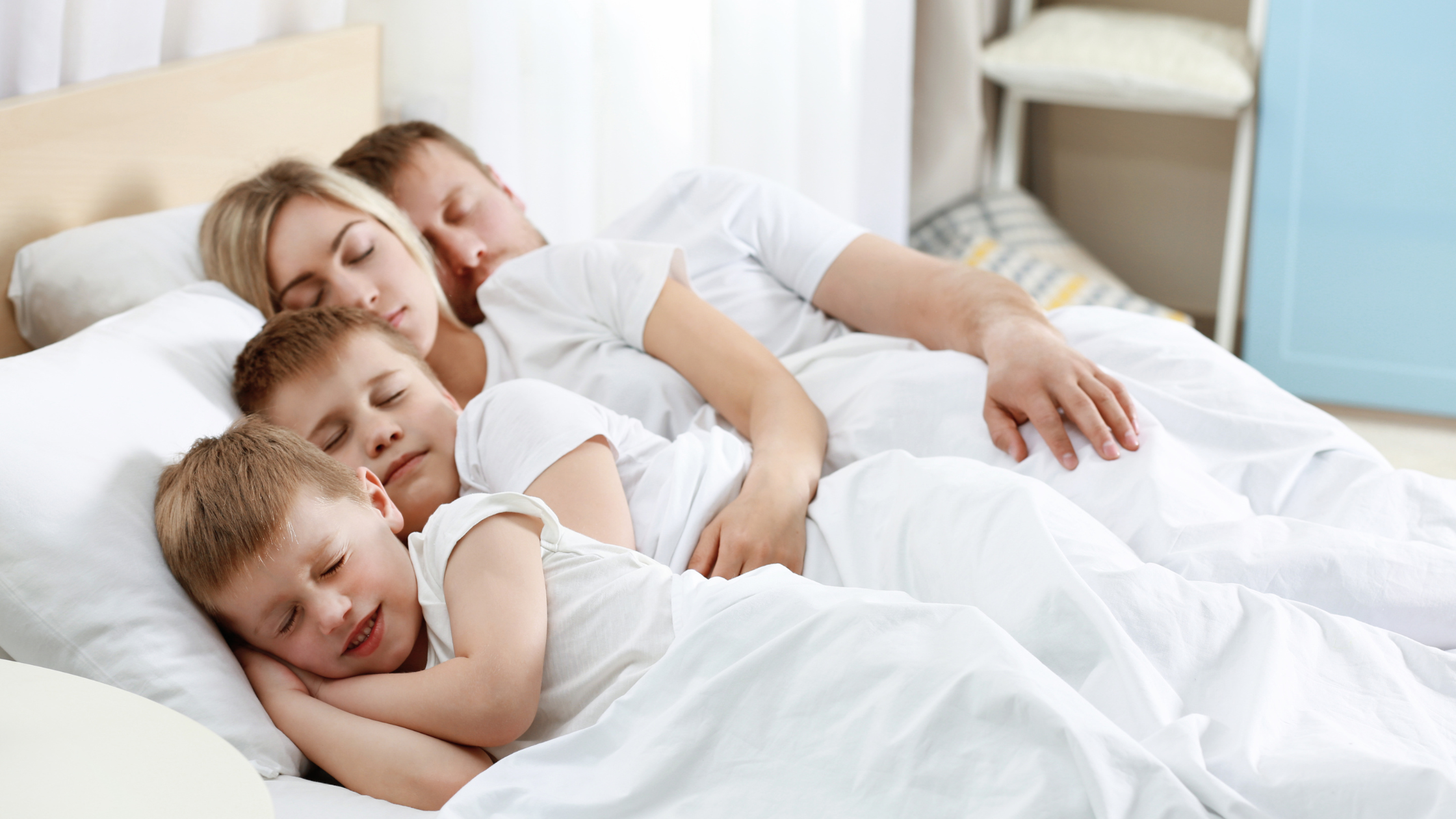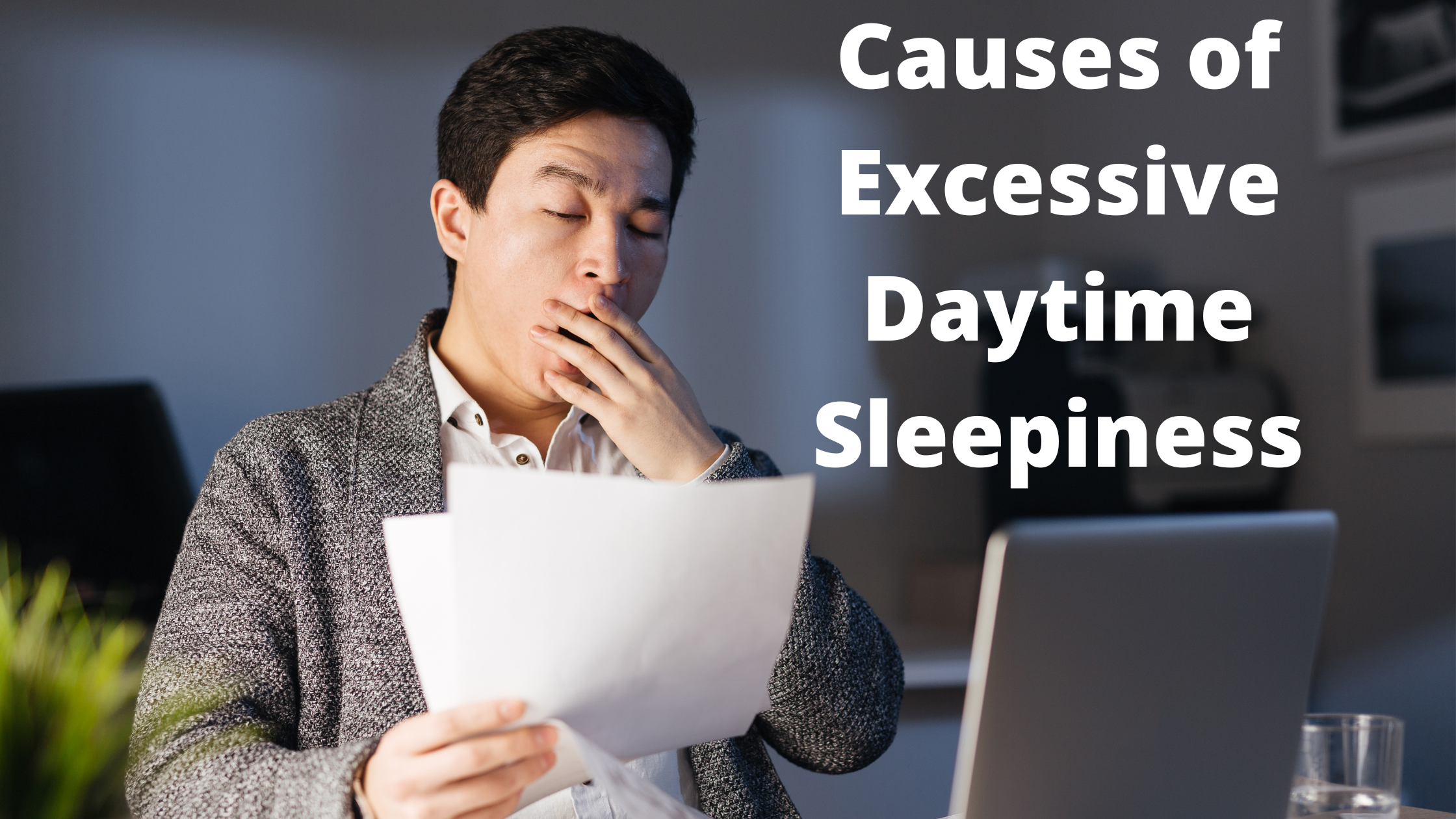Excessive daytime sleepiness is characterized by the strong urge to go to sleep during activities in which you should be alert and awake. Have you experienced excessive daytime sleepiness? If so, then your physician might recommend that you undergo sleep-related testing. One of these tests might be the multiple sleep latency test, or MSLT. This can help you measure daytime sleepiness. We will discuss what MSLT can diagnose, who would take the test, preparing for it, with expectations for it, and understanding the results.
Idiopathic hypersomnia is a chronic neurological disorder that is characterized by an insatiable desire to sleep that is not fulfilled by a regular night of sleep. Those with the idiopathic hypersomnia sleep for longer than the normal amounts of time of sleep each night. However, despite this, they still feel incredibly tired the next day. They may take long naps, but don't feel any better when they wake up. It is almost like they are experiencing untreatable sleep deprivation. Continue reading to learn more about the symptoms, diagnosis, and causes of idiopathic hypersomnia, and what you can do to treat it.
What is the Epworth Sleepiness Scale and How to Use it to Help You?
Up to a fourth of the people in the United States experience excessive daytime sleepiness. Excessive daytime sleepiness is the sensation of feeling incredibly tired, as if you can't keep your eyes open. It is a symptom that can impact a person's daily life by impairing concentration, reducing their ability to perform well at work in school, and increasing the risk of accidents.
One way to determine if you have excessive daytime sleepiness is by using the Epworth Sleepiness Scale. The ESS is a tool that can help doctors determine if you have drowsiness that is of concern or is just a manifestation of poor sleep habits at night. This simple questionnaire is used to determine how a person's sleepiness affects their everyday life.
For people who are concerned about their ability to stay alert during the day, using the ESS, knowing how it works, and knowing what the results mean can help you learn more about your own health. It can also help you engage with conversations with your physician about what your symptoms mean and what to do next period continue reading to learn more about the ESS and how to use it in your journey towards getting a good night's sleep.
Sleep deprivation and excessive daytime sleepiness is a common issue in the United States. It can be very distressing for some people to get through their day because they are so tired. People who have sleep disorders, work night shifts, spend all night awake, may find themselves struggling to stay awake.
There is no cure for sleeplessness outside of simply getting a good night's rest. However there are some tricks to help you stay awake so that you can get through the day. Regardless of why you must stay awake, the next day must continue. Therefore, it is very helpful to know some tricks for how to stay awake. Continue reading to see if any of the following hacks can help you the next time you're in a sleep binder.
The occasional yawn, or post-lunch slump is completely normal, but do you ever notice feeling overly tired all the time? Even when you feel like you got enough rest the night before? You could be experiencing excessive sleepiness. This can be caused by a majority of things, and it's especially problematic when it interferes with different parts of your life.
For example, if you find yourself dozing off during a meeting or while driving, your excessive sleepiness is problematic. Most people who experience this level of sleepiness have an underlying cause of which they are not even aware. Pinpointing the cause of one's excessive sleepiness is the first step in overcoming it. Continue reading to find out what may be causing your excess sleepiness.




